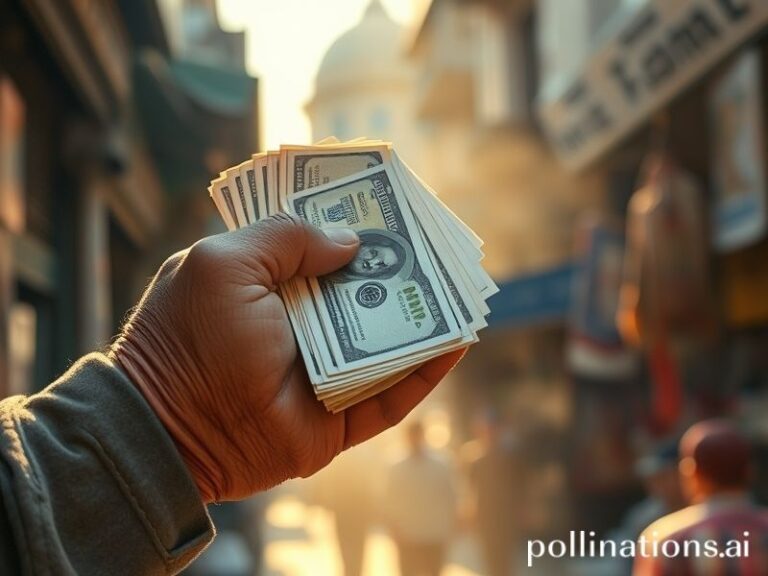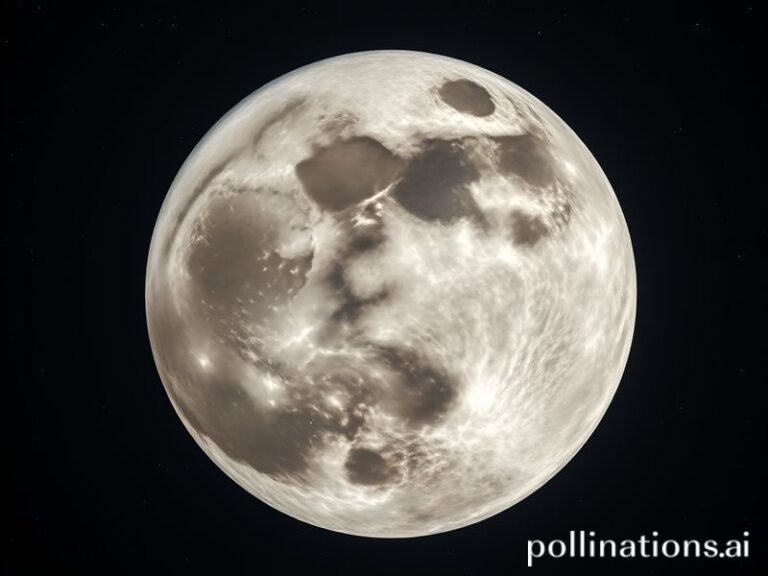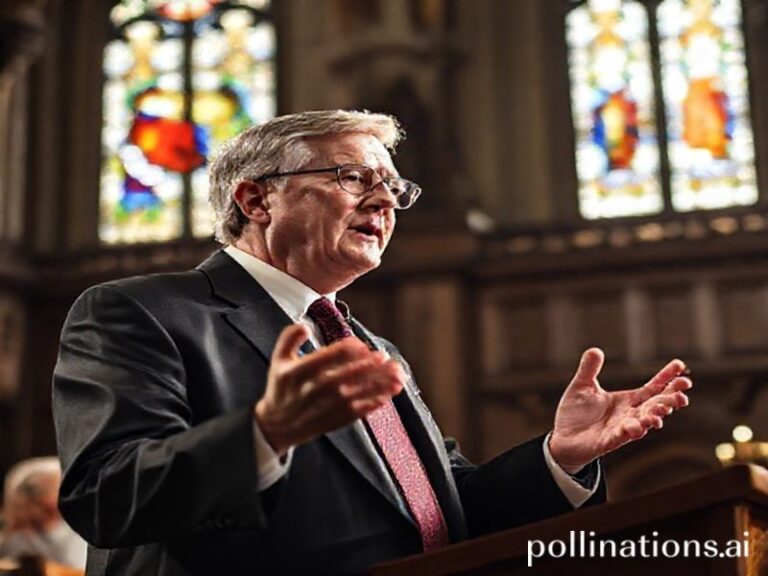PSV vs Ajax: How a Dutch Football Rivalry Became Global Theater for the Deluded Masses
**The Dutch Derby: When PSV vs Ajax Becomes a Mirror for Global Discontent**
In the grand theater of European football, where billions watch 22 millionaires chase a ball while wearing advertisements for airlines and crypto exchanges, this weekend’s PSV vs Ajax fixture offers something refreshingly provincial: a proper local grudge match that somehow manages to reflect our increasingly interconnected world’s collective neuroses.
The Eredivisie, that charming Dutch league where defending went to die sometime in the 1970s, presents its latest installment of “The Big Two” – though calling any Dutch club “big” in an era when Premier League benchwarmers earn more than entire Eredivisie squads feels like calling your local food truck a “culinary empire.” Yet here we are, pretending this matters on a global scale because, well, that’s what we do with football these days.
From Jakarta to Johannesburg, supporters’ clubs will gather in sterile sports bars, wearing replica shirts manufactured in Bangladeshi factories by workers who’ve never heard of Eindhoven. They’ll chant in phonetic Dutch, those magical incantations that translate roughly to “We are extremely invested in the territorial and economic supremacy of a city we will never visit.” It’s globalization’s cruelest joke: making people care deeply about places they can’t find on a map.
The match itself carries the usual pretensions of significance. For Ajax, it’s about maintaining the illusion they’re still relevant after their annual talent fire sale – a sort of footballing farm where Europe’s elite come shopping for teenagers who can pass backwards. For PSV, it’s proof that Eindhoven’s Philips-sponsored sporting project can compete with Amsterdam’s cultural capital, because nothing says “we matter” quite like beating your richer neighbors at organized kickball.
But the real entertainment lies in watching this micro-drama play out against macro backdrops. Russian oligarchs who’ve discovered Dutch football as a safer investment than London real estate will watch from executive boxes, their presence a gentle reminder that even in the Netherlands, dirty money finds clean ways to launder itself. Chinese streaming services will broadcast to millions who’ve never seen a windmill, while European Union bureaucrats in Brussels will check scores between meetings about digital sovereignty – the beautiful game’s version of having your stroopwafel and eating it too.
The tactical battle will be analyzed by YouTubers in languages that didn’t exist when these clubs were founded, their algorithms feeding off our peculiar need to turn every sporting event into a doctoral thesis. Former players turned pundits will speak of “philosophy” and “identity” – terms that sound profound when discussing grown men in shorts but would get you sectioned if applied to, say, accounting.
And when the final whistle blows, when the winning fans celebrate like they’ve personally achieved something beyond purchasing a ticket and shouting, we’ll all return to our regularly scheduled programming of climate anxiety and economic precarity. The victors will gain three points toward qualifying for a European competition that serves primarily as a vehicle for betting advertisements and human rights abuses in host countries.
Yet perhaps that’s the real magic of these provincial rivalries with international audiences. In a world where billionaires rocket themselves into space while their employees urinate in bottles, where democracy dies in darkness but thrives on TikTok, there’s something comfortingly honest about watching people care deeply about something that genuinely doesn’t matter. PSV vs Ajax won’t solve climate change, won’t redistribute wealth, won’t bring peace to the Middle East. And that, in our hyperconnected age of performative global concern, might be the most subversive thing of all.
The Dutch have a word for it: “gezellig” – that untranslatable concept of cozy contentment. Though one suspects even the Dutch never imagined it would apply to 22 millionaires and millions of deluded fans pretending their tribal loyalties matter in the grand scheme of things.







